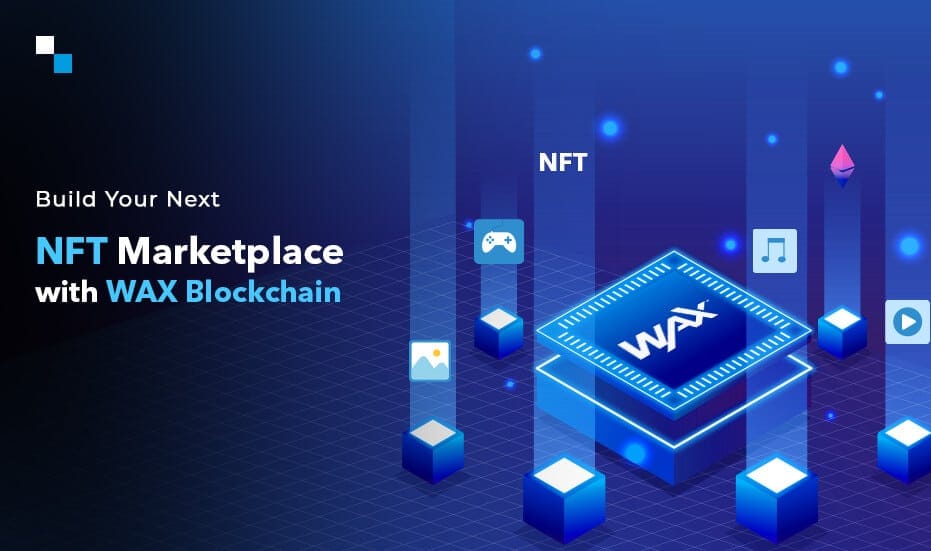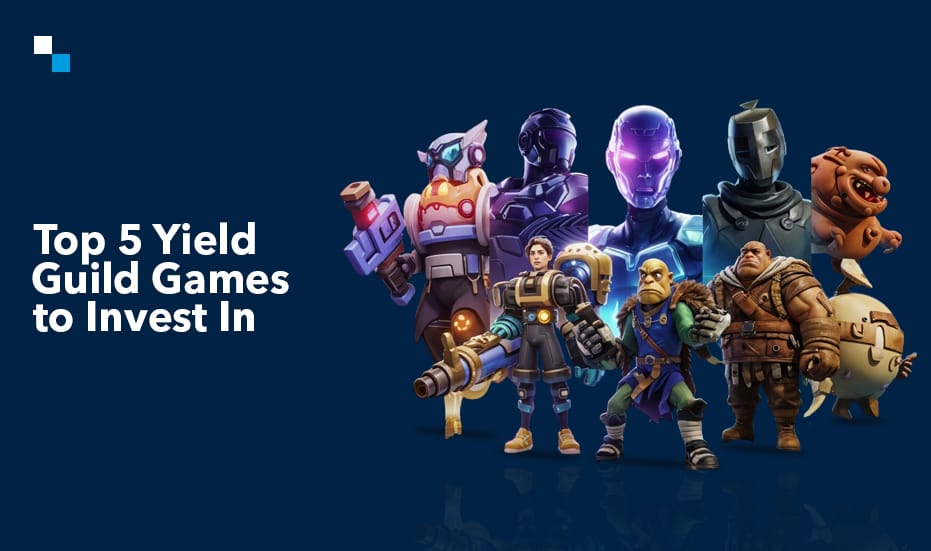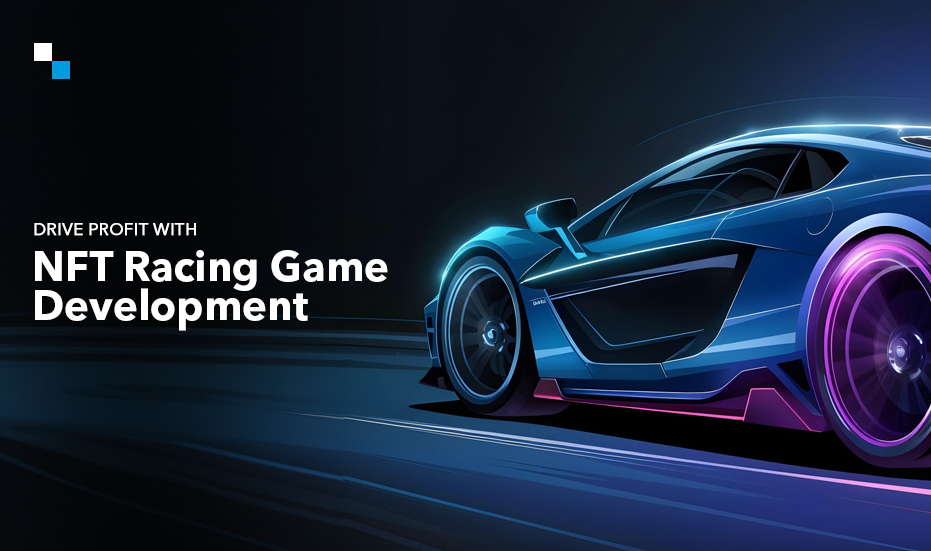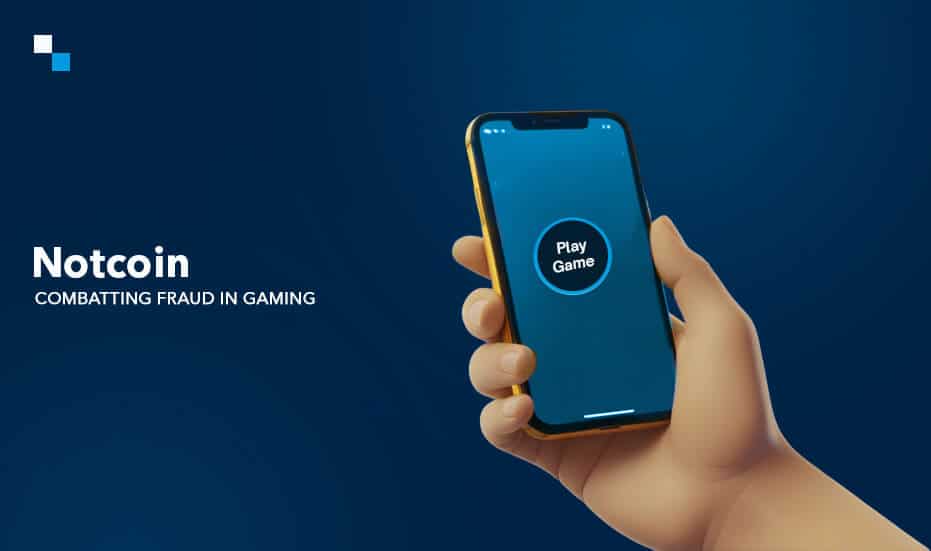
Crypto Sports Betting Exchange Development – Everything You Need to Know
November 14, 2023
Best Centralized Wallet Development Companies of 2023-2024
November 14, 2023Selecting the right blockchain for NFT marketplace development is a crucial decision for a modern business. The choice directly impacts the success of your goal to attract businesses and decision-makers globally.
A blockchain with scalability, security, and smart contract capabilities, along with a thriving ecosystem, regulatory compliance, and user-friendly features, will enhance your agency’s reputation and help achieve higher website rankings in the competitive blockchain industry.
Whether it is Ethereum, Solana, or OpenSea, your agency’s choice to create NFT marketplace is pivotal in achieving your global outreach goals. It’s the foundation upon which your services are built, affecting everything from the user experience to security and cost-efficiency. Wax is a popular blockchain that has gained wide traction and is the ultimate choice to develop NFT marketplaces.
What is WAX Blockchain?
WAX (Worldwide Asset eXchange) is a blockchain designed specifically for trading and creating virtual items, including NFTs (Non-Fungible Tokens). Given your agency’s focus on blockchain technologies like NFTs, this blockchain is particularly relevant to your business.
Wax NFT Marketplaces are known for their user-friendly interface and integration with popular video games and virtual worlds, making it a valuable platform for NFT marketplace development. This blockchain can be a powerful tool in achieving your agency’s goal of boosting website ranking by offering a unique and technically advanced platform for NFT and virtual item trading.
How WAX Blockchain Works?
WAX blockchain works upon Delegated Proof of Stake (DPoS) consensus mechanism that ensures more scalability and efficiency unlike traditional Proof of Work (PoW) mechanisms. Under DPoS, a network of trusted nodes called Delegators stake their WAX tokens to support the validation of transactions. These Delegators elect a group of Witnesses, who are responsible for verifying and confirming transactions on the blockchain.
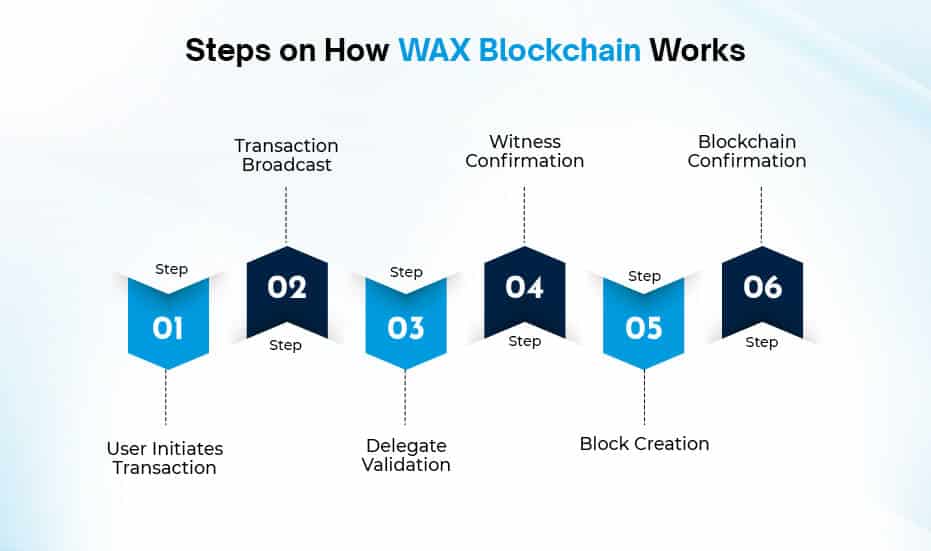
- User Initiates Transaction: A user initiates a transaction, such as buying or selling an NFT, or interacting with an NFT-based game.
- Transaction Broadcast: The transaction is broadcasted to the WAX network, reaching all nodes in the network.
- Delegate Validation: The transaction is validated by a group of randomly selected Delegates. Each Delegate verifies the transaction details, ensuring they are correct and consistent with the blockchain’s rules.
- Witness Confirmation: The verified transaction is then sent to a group of Witnesses, who also review the transaction’s validity and consensus rules.
- Block Creation: Once the transaction is approved by the Witnesses, a new block is created, containing the validated transaction and other relevant data.
- Blockchain Confirmation: The new block is added to the blockchain, permanently recording the transaction and making it immutable and publicly accessible.
This process ensures that transactions are processed quickly, securely, and efficiently on the WAX blockchain, enabling seamless NFT trading, minting, and gameplay experiences.
Why Choose WAX to Create a NFT Marketplace?
WAX NFT marketplace development has witnessed rapid growth in popularity over the past few years, becoming a leading platform for NFT gaming and marketplaces. Several factors contribute to its rising prominence in the blockchain ecosystem, including:
- User Experience: WAX prioritizes user experience by simplifying account creation, enabling fiat currency support, and providing an intuitive interface. This ensures better platform engagement for crypto enthusiasts and non-technical users.
- Fast and Fee-Free Transactions: WAX NFT marketplace leverages a Delegated Proof of Stake (DPoS) consensus mechanism, enabling rapid transaction processing at zero fees. This eliminates transaction costs for users, making it an attractive platform for NFT trading, minting, and game transactions.
- Scalability and High Throughput: WAX’s infrastructure is designed to handle large volumes of transactions and user activity, ensuring that it can scale to accommodate a growing user base and increase NFT activity.
- Thriving NFT Ecosystem: WAX boasts a vibrant NFT ecosystem, with numerous dApps, games, and marketplaces built on the platform. This provides a ready-made environment for users to engage with NFTs, driving demand for WAX-based services.
- Developer-Friendly SDK: WAX NFT marketplace development is equipped with a wide range of simple-to-use SDK for developers which further simplifies the integration of WAX functionalities into games, marketplaces, and other apps. This encourages developers to build on the platform, further expanding its capabilities and offerings.
- Partnerships and Integrations: WAX has established partnerships with major companies and organizations, expanding its reach and potential user base. These partnerships also provide access to new technologies and resources, further enhancing the platform’s capabilities.
- Community Support and Engagement: WAX has a strong and active community of developers, users, and enthusiasts. This community provides valuable support, feedback, and collaboration opportunities, contributing to the platform’s growth and development.
- Continuous Development: WAX is constantly evolving and improving, with regular updates and enhancements. This commitment to innovation ensures that the platform remains competitive and relevant in the rapidly changing blockchain landscape.
- Adaptability to Future Trends: WAX is positioned to adapt to emerging trends in the blockchain space, such as decentralized finance (DeFi) and metaverse applications. This adaptability will allow it to maintain its relevance and attract new users and developers.
WAX blockchain’s focus on user experience, fast and fee-free transactions, scalability, thriving NFT ecosystem, developer-friendly tools, partnerships, community engagement, innovative use cases, continuous development, and adaptability to future trends have contributed significantly to its growing popularity and success in the blockchain ecosystem.

Best WAX NFT Marketplaces
Here is the list of the most popular Wax NFT marketplaces:
- Atomic Hub
- NFTHive
- NeftyBlocks
- Chain Champs
- vIRL Market
WAX NFT Marketplace Development Cost
The overall WAX NFT marketplace development cost depends on a number of factors, such as:
1. Features and Complexity
- NFT Listing and Management: The ability to list, delist, and manage NFTs on the marketplace requires smart contract development, which can be more expensive for complex or custom NFT types.
- Auctions and Bidding Mechanisms: Integrating auctioning and bidding functionalities involves sophisticated smart contract logic, increasing the development effort and cost during during WAX NFT marketplace development.
- Advanced Search and Filters: Implementing advanced search capabilities, such as filtering by asset type, attributes, or rarity, requires additional development effort and may involve integration with external indexing services.
- Social Integrations: Incorporating social features, such as user profiles, follower lists, and social sharing, involves additional development and integration with social media platforms.
- Cross-Blockchain Compatibility: Enabling cross-chain compatibility for NFT transfers and interactions requires additional smart contract development and integration with other blockchains, increasing the overall cost.
2. Design and User Interface (UI/UX)
- User Experience (UX) Design: A comprehensive UX design process that considers user behavior, workflows, and accessibility can be expensive, but it significantly impacts the marketplace’s usability and user adoption.
- Visual Design (UI) Development: Creating a high-quality and consistent visual identity requires expertise in UI design and development, which can be a significant cost factor to create a NFT marketplace on the WAX blockchain.
- Responsiveness and Multi-Platform Support: Ensuring the marketplace is responsive across various screen sizes and compatible with different devices, including mobile and web platforms, involves additional development effort and testing.
3. Smart Contract Development
- Smart Contract Complexity: The complexity of smart contracts directly impacts the development cost. Simple contracts for basic NFT transfers may be less expensive, while sophisticated contracts for complex interactions and game mechanics can be more costly.
- Smart Contract Security: The overall NFT marketplace development cost involves Implementing industry-standard security practices, such as thorough code audits and penetration testing.
- Smart Contract Integration: Integrating smart contracts with other blockchain systems, such as external wallets or oracles, requires additional development and testing, increasing the overall cost.
4. Testing and Quality Assurance (QA)
- Unit Testing: Thorough unit testing of individual smart contract components ensures their correct functionality and behavior under various conditions.
- Integration Testing: Integration testing verifies the interaction of smart contracts with other components, such as the marketplace’s frontend interface and external services.
- Security Testing: Comprehensive security testing, including penetration testing and vulnerability scans, is crucial to identify and address potential security flaws that could compromise user assets.
- Usability Testing: Usability testing involving real users provides valuable feedback on the marketplace’s user experience, identify usability issues, and improve the overall user experience while you create a NFT marketplace.
5. Maintenance and Support
- Ongoing Bug Fixes and Updates: Addressing bug reports, fixing compatibility issues, and implementing security patches require ongoing maintenance and updates, which can be a recurring cost.
- Feature Enhancements and New Developments: Adding new features, integrating new technologies, and adapting to evolving user needs involves ongoing development effort, which can be an additional cost factor.
- Monitoring and Support: Monitoring the marketplace’s performance, addressing user queries, and providing technical support require ongoing resources and can be a recurring cost.
How to Get Started!
Prior to getting started with the development lifecycle, it is important to identify a reputed agency that has immense experience and exposure in WAX NFT marketplace development services.
Book a free consultation with Antier to build NFT marketplace on the WAX blockchain and take your business to the next level. Or book a free live demo to explore more about our world-class marketplaces.
